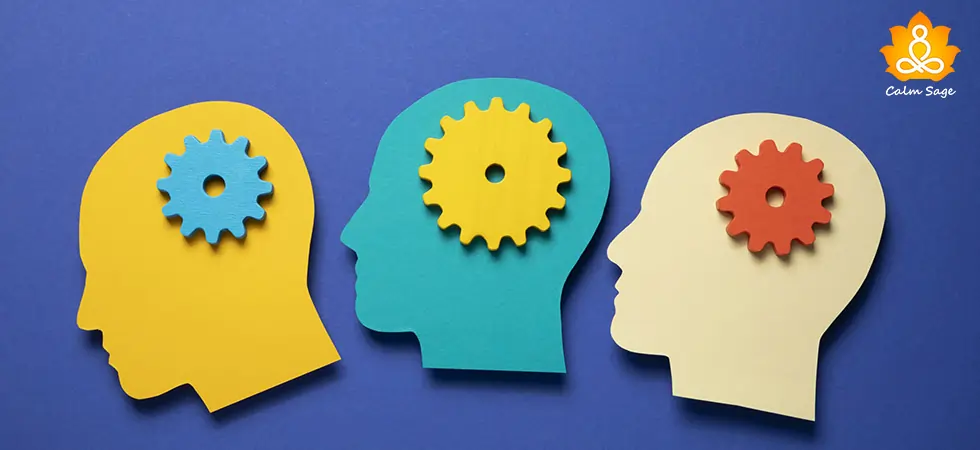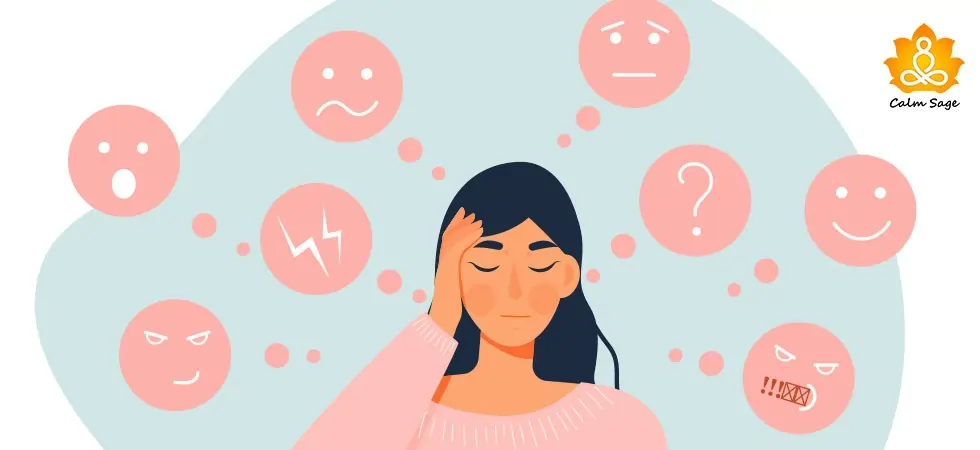The Super Helper Syndrome: Signs You Have it & How it’s Affecting You

Being nice is always appreciated and probably the easiest trait to possess. One act of kindness can go a long way and can make anyone feel special – the one doing the act and the one receiving it. When you’re being nice to someone and helping them, it gives you a subtle boost of happiness with a dash of ego boost that can make you feel better.
Take it from me, helping others is a great way to feel good about yourself. If you still don’t believe me, then science can prove this. Research shows that helping others and doing acts of kindness can decrease stress, increase life span, and even increase happiness by activating the happy hormone – endorphin.
Unfortunately, there is nothing as an unlimited benefit to anything, and yes, this includes helping others. While the “helper’s high” you get from helping others, an addiction to this habit can be detrimental to your well-being. And there’s a name for it too!
The Super Helper Syndrome.
Let’s explore what this super helper syndrome is all about and how it can affect your overall well-being.
What Is The Super Helper Syndrome?
The term, “Super helper syndrome” was first introduced by psychologists Jess Baker and Rod Vincent in their book, The Super-Helper Syndrome: A Survival Guide for Compassionate People. This term describes people who struggle with a compulsion to help others while failing to care for their own needs and problems.
Super helpers are always there to lend a hand even if they are overflowing with their own needs and issues. They will even indulge you in little things even if it costs them more time than they can afford.
Super helpers can’t say “no” and easily get caught in others’ problems and drama even if they are struggling with their own.
This might sound like a good thing, right? Well, in the long run, compulsive helping can do more harm than good. This desire to help others can become addictive and can end up hurting you more than helping you. Compulsive helpers seek opportunities to help others and eventually, it can lead to exhaustion and burnout caused by helping others.
Take a look at some of the common signs of a super helper.
Signs You’re a Super Helper
You are a super helper if you;
- Help others in all areas of life – jobs, careers, family, volunteering, work, community, etc.
- Are the one others often turn to for help, no matter what the circumstances might be
- Struggle to say “NO” when someone comes to you for help
- Show interest in other people’s lives and problems, but others never notice what’s happening in your life
- Have people opening up to you about their problems even if you’ve just met them
- Your relationships lack balance. For example, you make all the effort in the relationship but never receive the same courtesy from others
- Get snatched in other people’s problems and drama, and are constantly offering help trying to fix it
- Experience feelings of guilt and worthlessness if you can’t help someone
- Put others’ needs and problems before yours, constantly
- Deny having needs of your own and use excuses to ignore them
- Never know what you need when someone asks. It’s all about meeting others’ needs
- Feel guilty for looking after your problems and needs
How Does it Affect Your Well-Being?
Helping others too much can have consequences such as;
-
Exhaustion
Super helpers eventually run out of energy to help others and feel exhausted all the time. If you have no time for yourself or if you struggle with sleep, then it could be some of the consequences of compulsive helping. Super helpers also often experience tension headaches, irritable moods, and fatigue to the bones.
-
Dissatisfaction
When you’re running on low reserves, you’re bound to snap and feel dissatisfied. It’s easy for super helpers to deny needing anything in return but eventually, this is going to affect them. Everyone deserves some reward so not getting what’s meant to be can build resentment.
-
Oppression
If you are working on helping others all the time and never taking time to care for yourself, then eventually you’re going to feel oppressed. Other people often treat super helpers for granted and forget that even they have needs.
This, gradually, presents the impression that super helpers don’t want anything in return and are happy to help others. This kind of belief can cause feelings of oppression and make it feel like you’re being exploited.
- Self-Criticism
A super helper is amazing at caring for others but when it comes to themselves, they are often critical. Super helpers’ self-criticism is an effect of one; for not helping others enough, and two; experiencing the symptoms of super helper syndrome (such as exhaustion, anger, resentment, etc.) but not being able to do anything about it.
Final Thoughts…
The super helper syndrome is used to describe people who have a habit of compulsively helping others even when their plate is full. If you can identify with the super helper syndrome and find it hard to take care of your needs or ignore your problems in favor of helping others fix theirs, then you might be a super helper.
If you’re a super helper, then you need to take a step back and assess how you’ve started ignoring your needs and how helping others constantly has begun to affect you. Just like you can be compassionate with others, it’s time you share the same compassion with yourself.
You, too, need to rest, get reassurance and seek comfort. Expressing your needs is as important as anything else. If you keep ignoring your needs, how do you think you can help others with theirs?
If you’re still struggling to take care of your needs or stop being a super helper, then you can reach out to a professional. A therapist can help you understand the signs and impact of super helper syndrome and how you can work through it.
I hope this blog helped you learn what super helper syndrome is and how it can affect your mental well-being and overall development. For more, you can write to us at info@calmsage.com or DM us on social media.
You can also share your thoughts on the super helper syndrome and tips to work through it in the comments below. We love hearing from you!
Take Care!




















